962-7983-18423+
24/7 دعم
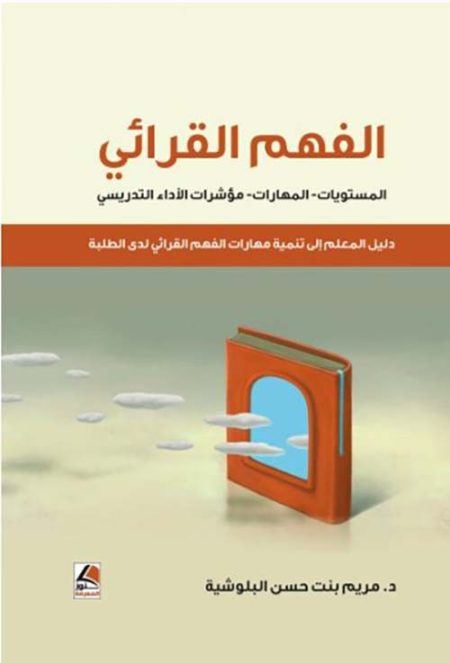
This book addresses methods for developing reading comprehension skills in students, with a focus on levels, skills, and teaching performance indicators. It aims to provide a practical guide for teachers in this field.
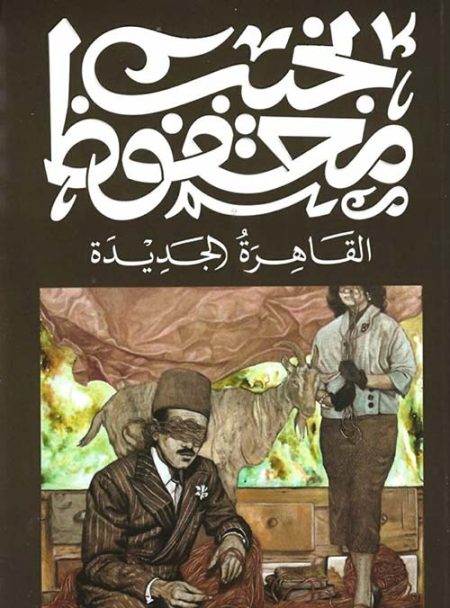
This novel reveals the class struggle and contradictions of Egyptian society in the 1940s through a story of love, betrayal, and the clash between principles and interests.
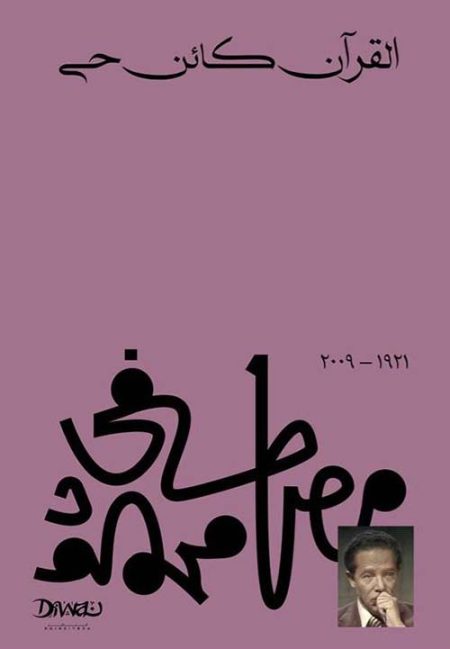
The book The Qur’an is a living organism is a book written by Dr. Mustafa Mahmoud in which he talked about the Qur’anic language, which differs from our language in which we write or speak in that it is a court in which there is no error, deficiency or increase. There has been a lot of talk of cosmic verses that talked about the stars and their paths, the earth and its creation, life and its beginning, and how modern science came with dazzling new facts during the hundreds of years that followed the Qur’anic download, so it did not violate a single Qur’anic letter and did not revoke any, but all accompanied with the words of the Qur’an and increased its emphasis. The Qur’an also came in the systems of government and in the economy and in ethics and in human rights and in the family and in marriage and women and laws with the final word of the university, as unique peak in rhetoric and summit in the statement and beauty in style did not reach him book, has elaborated ancients in this and dearest, and says Dr. Mustafa Mahmoud that there remains a miraculous face of the faces of the Qur’an perhaps the most important of all these faces, needs a long push, which he called the nail or engineering structure or installation Organic or living bonding between word and word.
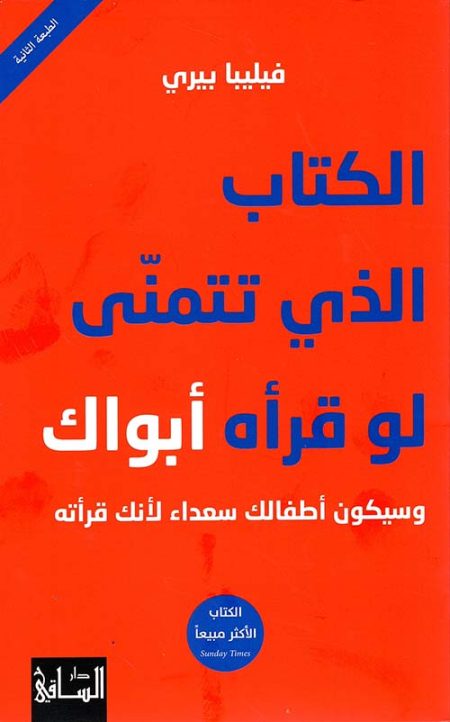
A psychological parenting guide to help build healthy and balanced relationships between parents and children.
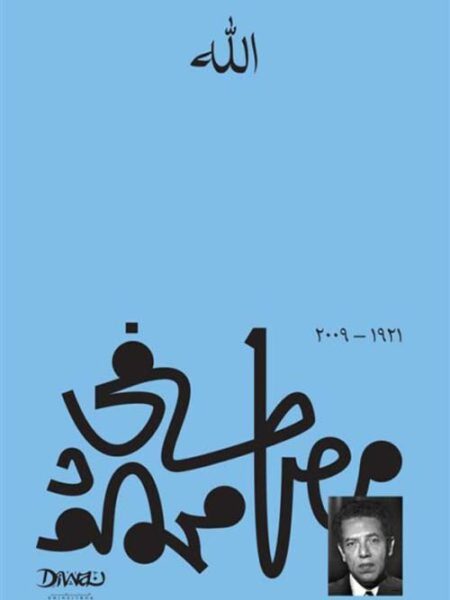
In the course of an intellectual journey, Mustafa Mahmoud takes us to man’s perception of God’s self and how it was: in Islam, in worship since the dawn of history, among scholars and intellectuals, and among those who denied it. A journey of reflection for those who have realized that self with their souls to strengthen it with their mind and mind. It’s a journey of reflection and reflection that is worth going.
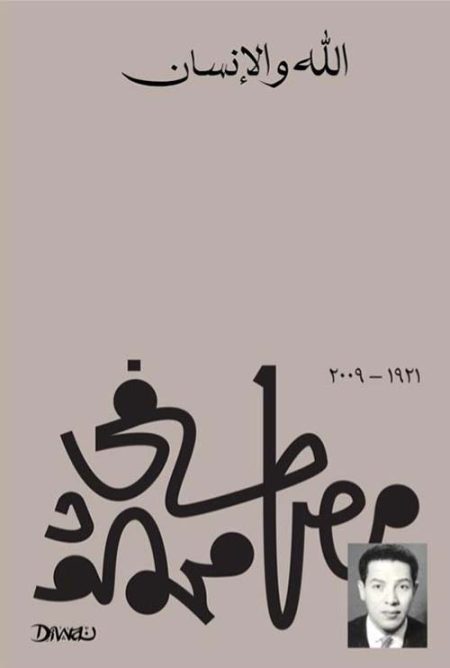
God and Man is a book featuring a collection of essays by the Egyptian writer Mustafa Mahmoud published by Dar Al-Maaref in 1955. The book of God and Man is a great controversy and has been banned from circulation in Egyptian libraries and still does. Mustafa Mahmoud was accused of atheism because of him, which the writer later denied, while admitting that he could not realize the truth of faith before, as he was on a journey in search of God, which he began by studying the different religions through the three monotheistic religions, and Islam was the last of them. The writer expressed this truth in his book «My Journey from Doubt to Faith» and said that he never denied the existence of the divine self, but he could not imagine its truth until after a strenuous journey of research that took thirty years of the realization of thought, reconsideration, and then reconsider the reconsideration, and said critically to himself, that if he heard the voice of instinct Joan, but perhaps he rea
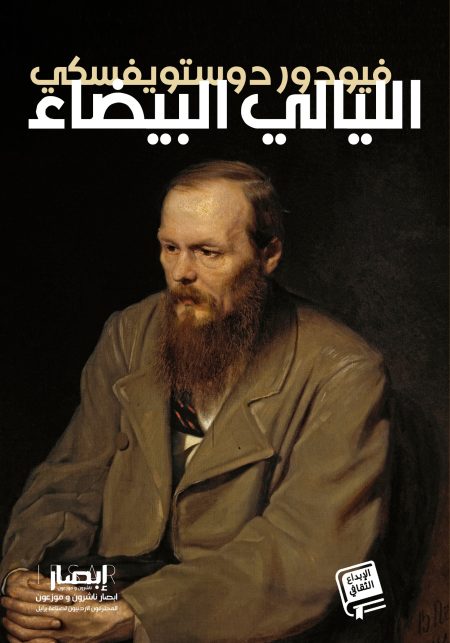
It is the story of a lonely man in St. Petersburg who falls in love with a mysterious woman, torn between hope and despair in a world full of loneliness and conflicting emotions.
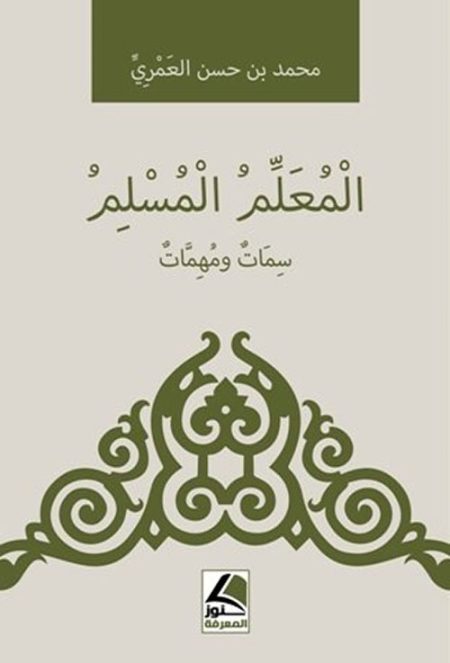
This book addresses the role of the Muslim teacher by highlighting their essential qualities and duties in education according to Islamic principles.

It is a book that provides practical and motivational strategies for achieving success in various aspects of personal and professional life.
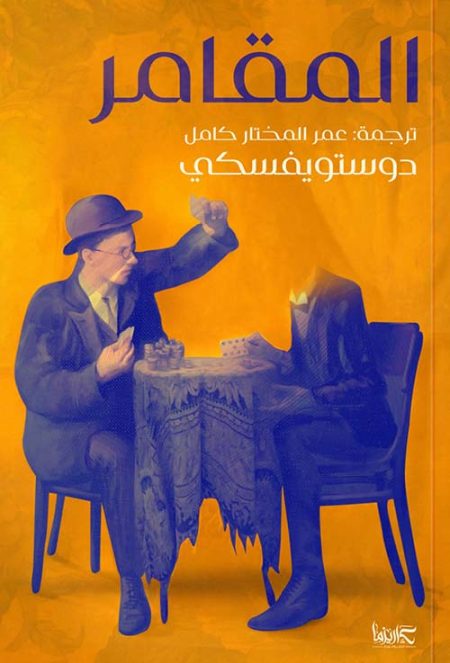
The novel reviews the story of a man immersed in gambling, and his suffering in an attempt to search for his identity in a world of temptations and dangers.
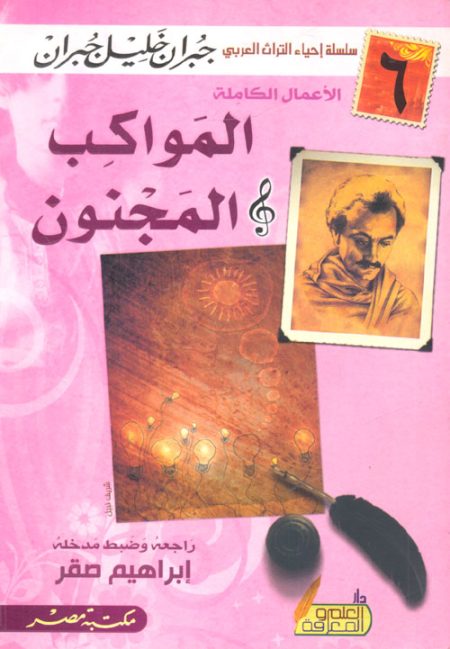
Gibran’s literary style was characterized by smooth words, simplicity of expression, the use of all linguistic formulas and styles, and the frequent use of metaphors and figures of speech. Perhaps the most important feature of Gibran’s literary works is creativity in the art of photography. We find many beautiful, imaginative artistic images full of deep meanings and expressions covering his literary works; because he was an artist and painter who initially depicted the idea and then created it. Gibran relied on two styles in his literary works: the first is characterized by strength and revolution against beliefs and customs and the call for freedom, and the second is characterized by the love of enjoying life and the call to follow inclinations

Gibran’s literary style was characterized by smooth words, simplicity of expression, the use of all linguistic formulas and styles, and the frequent use of metaphors and figures of speech. Perhaps the most important feature of Gibran’s literary works is creativity in the art of photography. We find many beautiful, imaginative artistic images full of deep meanings and expressions covering his literary works; because he was an artist and painter who initially depicted the idea and then created it. Gibran relied on two styles in his literary works: the first is characterized by strength and revolution against beliefs and customs and the call for freedom, and the second is characterized by the love of enjoying life and the call to follow inclinations
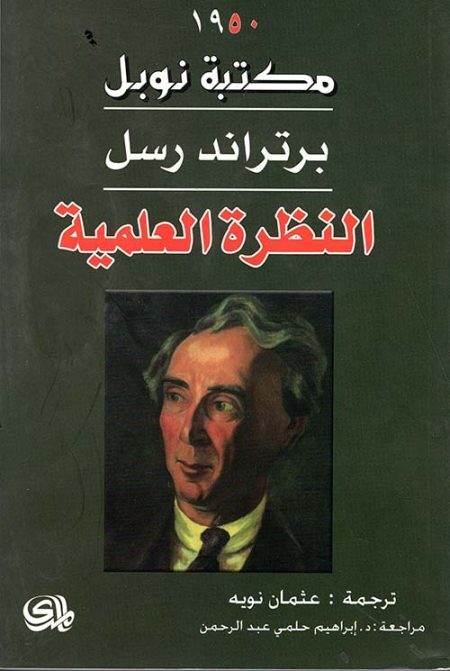
A book that presents the concept of the scientific mindset and its impact on shaping modern thought, and examines the relationship between science and philosophy and their impact on society.
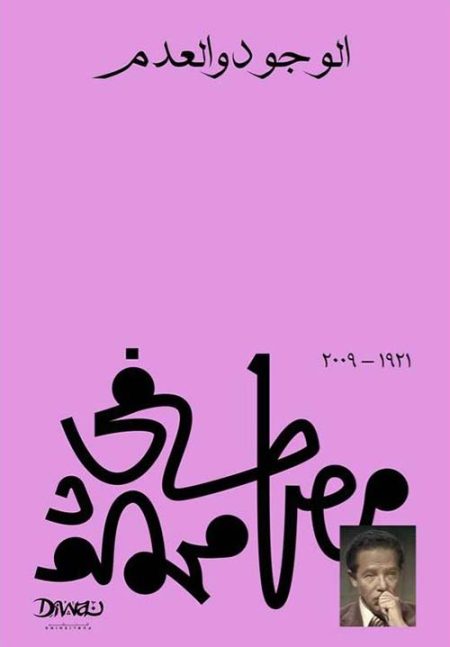
The Book of Being and Nothingness is a book written by Dr. Mustafa Mahmoud in which he talks about that all causes belong to God. He owns it. He is the one who brings it, he is the one who drives it, and he is the one who harnesses it. He is the one who established the law of causation
Reasons do not harm themselves and do not benefit themselves. But it is in all cases a manifestation of His will that harms His ear and benefits His permission. And if he wishes, he will cause damage to it or without it. And if he wishes, he will stop it from doing as he stopped the fire from burning Abraham – peace be upon him
There is always wisdom behind prevention, giving, guidance, and delusion. God’s will and guidance are always based on decency and readiness in the servant. The slave has the initiatives, the clearance of intention and the orientation that nominates him for giving or deprivation. God’s giving is conditional. Also, deprivation is reasoned and not coercive, coercive and arbitrary.